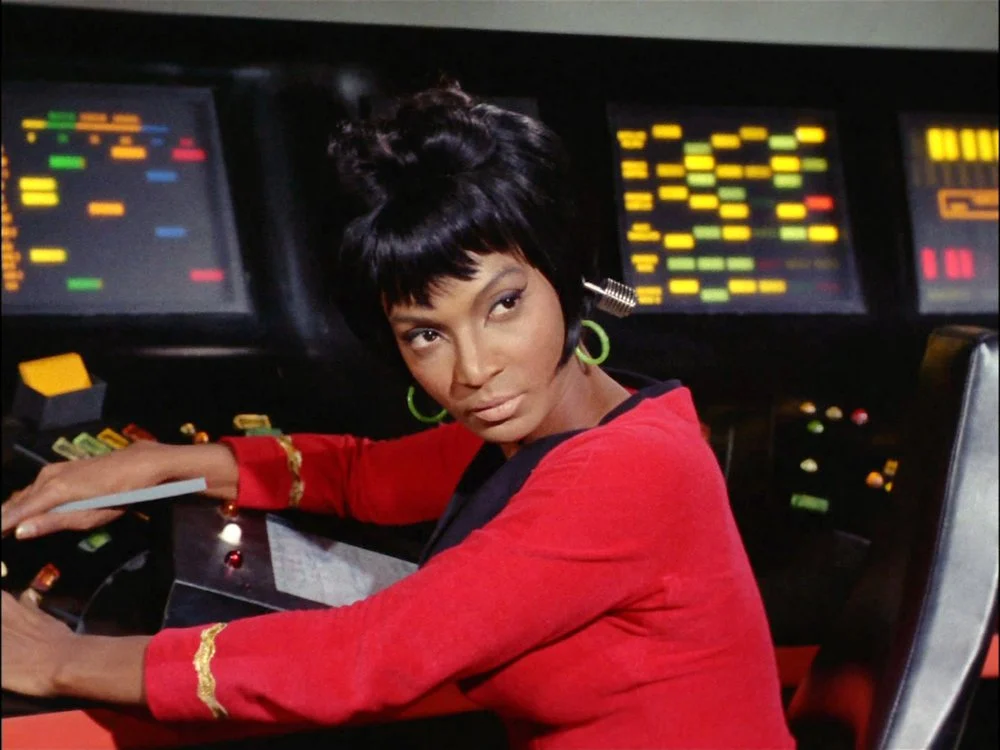Nichelle Nichols, Pioneering ‘Star Trek’ Actress, Dies at 89

Sarah Kuta, Daily Correspondent
She made history as one of the first Black women to appear in a leading role on television Nichelle Nichols, who captivated television audiences as Nyota Uhura in the original “Star Trek” series, died on July 30 at age 89.
“[A] great light in the firmament no longer shines for us as it has for so many years,” says her son, Kyle Johnson, in a statement. “Last night, my mother, Nichelle Nichols, succumbed to natural causes and passed away. Her light, however, like the ancient galaxies now being seen for the first time, will remain for us and future generations to enjoy, learn from and draw inspiration.”
He adds: “Hers was a life well lived and as such a model for us all.”
Nichols left a lasting mark on television, science fiction and the field of science more broadly. She served as an inspiration “for young Black people whose dreams of space science and travel were emboldened by her character’s futuristic adventures,” as critic Gene Seymour writes for CNN.
Grace Dell Nichols was born in a Chicago suburb in 1932. As a teenager fed up with being called Gracie, she adopted Nichelle as her first name. With an impressive four-octave vocal range and a love for ballet and musical theater, Nichols began performing in Chicago clubs when she was just 14 years old. She briefly worked as a dancer in Duke Ellington’s touring orchestra.
In the early 1960s, she moved to Los Angeles, where “Star Trek” creator Gene Roddenberry took note of her acting skills. She landed a role in Roddenberry’s series “The Lieutenant”—and then, a few years later, she landed another one in “Star Trek.”
Amid the racial tensions of the civil rights movement, Nichols played Lieutenant Nyota Uhura, a communications officer who was fourth in command of the Starship Enterprise. Martin Luther King Jr. once said that Uhura was the “first non-stereotypical role portrayed by a Black woman in television history.”
After a successful first season in 1966, Nichols decided to leave the show to pursue her musical theater dreams. While attending a fundraiser, however, she ran into King, who ultimately helped convince her to stay on the show.
“He said, ‘You cannot leave,’” Nichols told Smithsonian magazine’s Arcynta Ali Childs in 2011. “‘Don’t you see what this man [Roddenberry] has brought? He has changed the face of television forever, unless you leave.’”
King went on, Nichols recalled, to say that she had a “God-given opportunity to change the
face of television, change the way we think.”
In 1968, during the show’s last season, Nichols and William Shatner (who played Captain Kirk) shared one of the first interracial kisses in television history.








